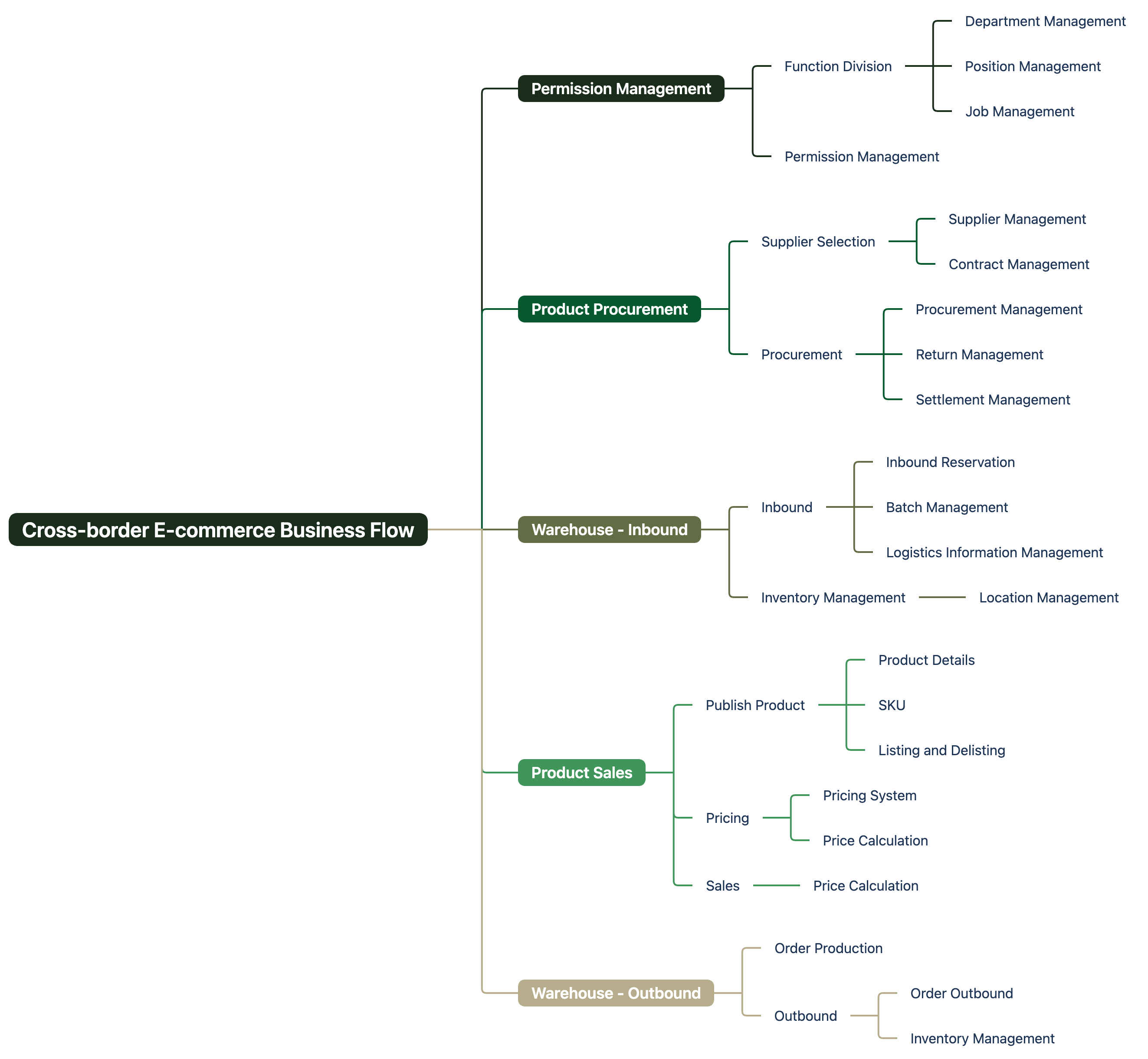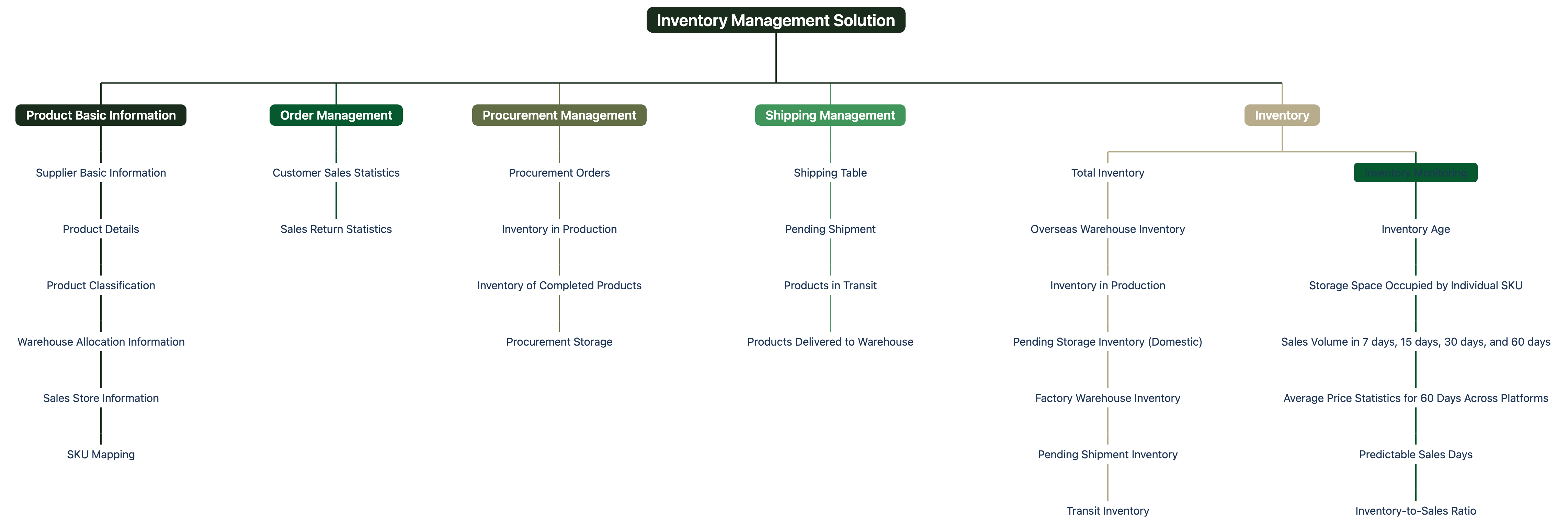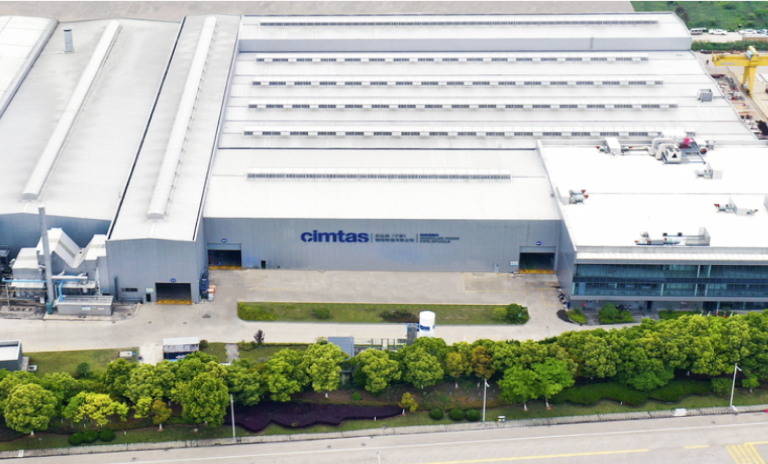50%
Enhanced Inventory Visibility and Control
65%
Centralized and Accurate Product Information
55%
Streamlined Cross-Departmental Collaboration
After 10 years of relentless effort, Jodoo ERP has emerged as a leader in providing comprehensive management solutions for enterprises across various industries. The software system is widely adopted in fields such as human resources, supply chain management, customer relationship management, project management, and more.
Jodoo continues to innovate and expand its influence in the realm of no-code development, becoming a key driver of the digital transformation of global enterprises.
—— LIYASI
As global market dynamics shifted, LIYASI, a leading furniture manufacturer, found itself at a critical juncture. Volatile market conditions and declining demand for traditional sales channels necessitated a strategic pivot towards the burgeoning cross-border e-commerce sector. This shift, while promising, brought forth a new set of operational challenges that threatened to impede their global expansion.
This customer story highlights how LIYASI successfully navigated these hurdles by implementing Jodoo’s comprehensive ERP system. By leveraging Jodoo’s powerful features, LIYASI achieved significant improvements in inventory control, product information management, and departmental collaboration, ultimately unlocking new potential in the global market and establishing a robust foundation for sustained growth.
About LIYASI
LIYASI, a leading furniture manufacturer established on July 15, 2005, has long been recognized for its innovative approach to furniture design and production.
The company specializes in furniture manufacturing and trade, with main products including sofas, massage chairs, and beds. Its business encompasses furniture import and export trade, as well as domestic and international product supply and sales.

Challenges: Navigating Complexity in Cross-Border Operations
In the dynamic world of cross-border e-commerce, companies often grapple with complex challenges ranging from unpredictable market demands and inventory management to fragmented data and inter-departmental communication breakdowns. As LIYASI expanded its reach into international markets, the company encountered several operational hurdles.

Disorganized Overseas Warehouse Inventory Management
LIYASI faced significant difficulties in managing its overseas warehouse inventory, particularly in the North American market. With 72 products and over 7,600 items spread across four warehouses (two in East America and two in West America, managed by two overseas warehouse partners), real-time visibility was severely lacking. Only logistics department personnel had access to real-time inventory data, leaving operations teams in the dark. This led to:
- Lack of Real-time Visibility: Operations staff could not accurately ascertain inventory levels, locations, or statuses, resulting in errors and delays.
- Inconsistent Information: Discrepancies arose between production and shipment plans (set by operations) and actual arrival and warehousing counts (handled by logistics). This fragmented information flow led to order errors, overlooked inventory, and difficulty in tracking product locations.
- Lack of Automation and Integration: The previous inventory management system was largely manual and lacked integration with other systems. This resulted in repetitive tasks, increased human error, and prolonged processing times.
- Overstocking or Understocking: Without accurate inventory data and demand forecasts, the company struggled to understand daily, weekly, monthly, and annual sales trends. This often led to either excessive inventory (tying up capital) or insufficient stock (causing supply chain disruptions and customer dissatisfaction).
Fragmented Product Information Management
The company also grappled with chaotic product information management, characterized by:
- Dispersed and Inconsistent Data: Product information was scattered across various departments, teams, and systems, leading to inconsistencies. Different departments used varying terminology, formats, and standards, causing confusion and misunderstandings.
- Difficult Updates and Synchronization: Updating and synchronizing product information was a laborious process due to dispersed data and multiple systems. Delays in updates often resulted in inaccurate product information, negatively impacting sales, marketing, and customer service.
- Lack of Centralized Management and Control: Without an effective product information management system, LIYASI lacked centralized control over its product data. This increased the risk of data loss, errors, misuse, and compliance issues.
- Inefficient Collaboration and Communication: Disorganized product information hindered effective collaboration between departments. Teams spent excessive time searching for and interpreting product information instead of focusing on core business activities.
Disjointed Departmental Collaboration
Collaboration across departments, particularly between the operations and logistics teams involved in cross-border e-commerce, was a significant hurdle:
- Communication Difficulties: The geographical dispersion of cross-border e-commerce departments, especially between operations and logistics, made communication challenging. Time zone differences and language barriers exacerbated misunderstandings and delays.
- Uncoordinated Processes: Cross-border e-commerce involves complex processes such as order management, payment, and transportation. A lack of effective coordination and standardized processes led to chaos, duplicated efforts, and errors, negatively impacting customer service and delivery efficiency.
- Data Inconsistency: Different departments used disparate systems and tools for data management (e.g., sales using a CRM, logistics using a separate system). This made data integration and sharing difficult, hindering accurate business analysis and decision-making.
Solution: Leveraging Jodoo’s No-Code Platform
To overcome these significant operational challenges, LIYASI strategically partnered with Jodoo to implement a comprehensive ERP system. The solution focused on integrating various aspects of their cross-border e-commerce operations, providing a unified platform for data management, process automation, and inter-departmental collaboration. Jodoo’s flexible and customizable platform allowed LIYASI to tailor the ERP system to their specific needs, addressing the core pain points identified in their inventory, product information, and departmental coordination.

The implementation involved several key steps:
- Real-time Inventory Synchronization: Jodoo’s aggregation tables were utilized to synchronize real-time inventory data across various stages, including purchase orders, in-production items, finished goods, inbound purchases, outbound shipments, in-transit products, and warehoused products. This ensured accurate and up-to-the-minute inventory visibility.
- Centralized Product Information Management: A unified product information management platform was established. This centralized system allowed for the systematic recording, classification, and updating of product specifications and attributes, ensuring data accuracy and consistency. Appropriate access controls were implemented to facilitate seamless information sharing and collaboration across departments.
- Streamlined Order Management: The system integrates order reception, tracking, and delivery processes, enhancing the efficiency and accuracy of order fulfillment. This included robust inventory management and logistics tracking functionalities.
- Optimized Logistics Management: The logistics department gained real-time visibility into shipping needs, enabling efficient tracking of shipments, inbound and outbound warehousing, and in-transit inventory. This provided accurate logistics information for operations personnel to manage their inventory effectively.
- Scientific Production Planning: The ERP system facilitated scientific production planning by integrating demand forecasting, inventory levels, and sales data. This allowed for the formulation of rational production plans, considering factors such as order volume, inventory, and production capacity to meet order demands and minimize inventory backlogs.
- Enhanced Customer Relationship Management: The system incorporated customer information management, after-sales service, customer feedback, and complaint handling. This improved the overall customer experience and strengthened customer relationships.
- Data Analysis and Reporting: The Jodoo ERP system enabled the collection and analysis of various data points within cross-border e-commerce operations. This generated comprehensive reports and key performance indicator (KPI) analyses, empowering management to make informed decisions and optimize business processes.
Key Improvements with Jodoo
With the implementation of Jodoo’s ERP system, LIYASI experienced a transformative shift in its operations, leading to significant improvements across critical business functions. These enhancements not only resolved long-standing challenges but also positioned the company for greater efficiency and growth in the competitive cross-border e-commerce landscape.

Enhanced Inventory Visibility and Control
Before Jodoo, LIYASI struggled with a lack of real-time visibility into its overseas warehouse inventory, leading to frequent issues of overstocking or understocking. The new ERP system provided a unified and dynamic view of inventory across all stages, from procurement to in-transit and warehoused goods. This real-time data access empowered operations teams to make informed decisions, significantly reducing inventory discrepancies and optimizing stock levels. The automated inventory management system and accurate demand forecasting capabilities led to a notable reduction in inventory costs and improved inventory turnover rates. This newfound precision in inventory control ensured that products were always available to meet consumer demand, minimizing lost sales and maximizing operational efficiency.
Centralized and Accurate Product Information
The previous decentralized approach to product information management resulted in inconsistent data, errors, and delays. Jodoo’s ERP system established a single, centralized repository for all product information, including specifications, attributes, and pricing. This unified product information database eliminated data inconsistencies and reduced errors, ensuring that all departments operated with accurate and up-to-date information. The streamlined process for updating and synchronizing product data significantly improved efficiency in sales, marketing, and customer service, as teams could quickly access and utilize reliable product details. This centralization also enhanced compliance and reduced the risks associated with fragmented data management.
Streamlined Cross-Departmental Collaboration
LIYASI’s cross-border e-commerce operations were previously hampered by communication breakdowns and uncoordinated processes between departments, particularly operations and logistics. Jodoo’s ERP system fostered seamless collaboration by providing a shared platform for all relevant teams. The system standardized workflows and facilitated real-time information exchange, eliminating the need for manual inquiries and reducing misunderstandings. This improved coordination across order management, payment, and transportation processes, leading to a significant increase in overall operational efficiency. The ability to integrate data from various departments into a single system enabled more accurate business analysis and decision-making, transforming disjointed efforts into a cohesive and highly effective operational framework.
Conclusion: A Blueprint for Global E-commerce Success
LIYASI’s journey with Jodoo exemplifies how a traditional manufacturing enterprise can successfully transition into the dynamic world of cross-border e-commerce. By addressing critical pain points in inventory management, product information, and departmental collaboration, Jodoo’s ERP system provided a robust and integrated solution. The resulting improvements in efficiency, accuracy, and communication have not only optimized LIYASI’s operations but also positioned them as a leader in the global furniture trade. This case study serves as a compelling blueprint for other businesses seeking to unlock their potential in the international e-commerce arena through strategic digital transformation.
Ready to transform your operations like LIYASI? Request a Demo today and take the first step toward building your own Digital Smart Management System!



